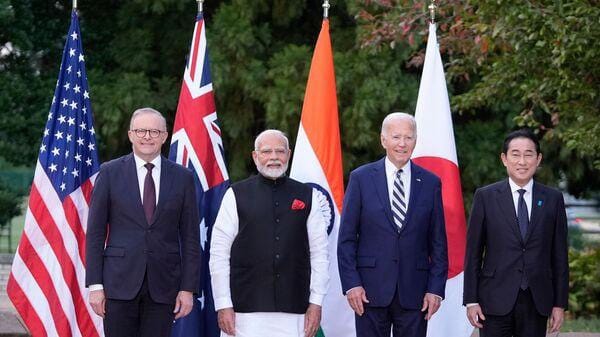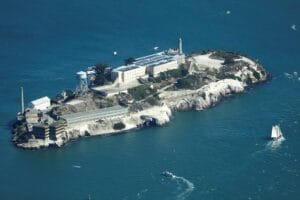Quad leaders meet in Wilmington, solidify alliance
The leaders of Australia, India, Japan, and the United States convened in President Joe Biden’s hometown of Wilmington, Delaware, to reaffirm their commitment to the Quadrilateral Security Dialogue (Quad) amid intensifying competition with China.

The leaders of Australia, India, Japan, and the United States convened in President Joe Biden’s hometown of Wilmington, Delaware, to reaffirm their commitment to the Quadrilateral Security Dialogue (Quad) amid intensifying competition with China.
This marks the final Quad summit of Biden’s current term, and the strategic significance of the meeting location — the U.S. President’s hometown — was not lost on observers.
“While challenges will come, the world will change … the Quad is here to stay,” Biden declared, reinforcing the group’s longevity and purpose. In a joint statement following the talks, the leaders unveiled plans to bolster maritime cooperation in the Asia-Pacific region. Notably, they announced the launch of joint coastguard operations, set for next year, aimed at enhancing interoperability and advancing maritime safety.
Also Read: Beirut residents await news as rescue crews dig for victims after Israeli strike
While China was conspicuously absent from the opening remarks, the Quad’s mission as a counterbalance to Beijing’s influence was clear. Indian Prime Minister Narendra Modi underscored the group’s shared values, stating, “All of us support a rules-based international order, respect for sovereignty and territorial integrity, and peaceful resolution of all disputes.”
The Quad, originally formed in 2007 and dissolved shortly after amid Chinese opposition, was revived in 2017, with Biden propelling it to new heights since taking office in 2021. This summit follows last year’s meeting in Hiroshima, and the symbolism of the leaders’ hometown gatherings — first in Japan, now in Delaware — serves to underscore their national stakes in the Quad’s objectives.
Australian Prime Minister Anthony Albanese stressed the importance of maintaining peace in the region, saying, “The promise in the region does depend on continued peace and stability and the wise management of strategic competition and disputes.”
With Washington’s focus heavily on the conflicts in Ukraine and Gaza, the Biden administration has still prioritized its competition with China as the U.S.’s most significant foreign policy challenge. Deputy Secretary of State Kurt Campbell recently described this rivalry as “the most significant challenge in U.S. history,” sparking criticism from Beijing.
China, for its part, has called on the U.S. to “discard its Cold War and zero-sum mentality” and abandon the narrative of a ‘China threat’. However, as the Quad strengthens its strategic ties, it’s evident that the alliance is positioning itself as a key player in shaping the future of the Indo-Pacific, aiming to ensure a free, open, and stable region.
As the Quad looks to the future, its commitment to deepening cooperation — particularly in maritime security — sends a clear signal that the alliance is poised to remain a central force amid the shifting geopolitical dynamics in the Asia-Pacific.










